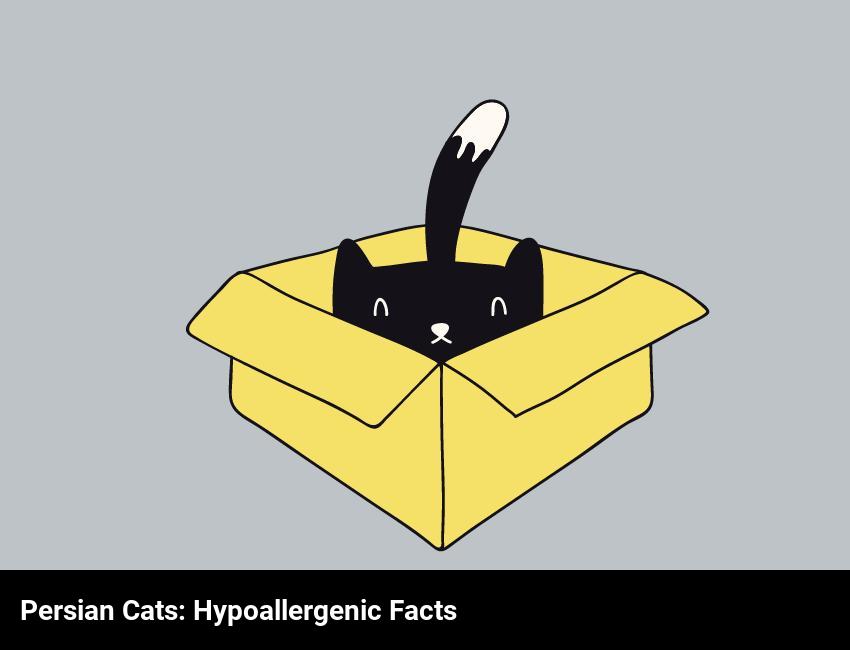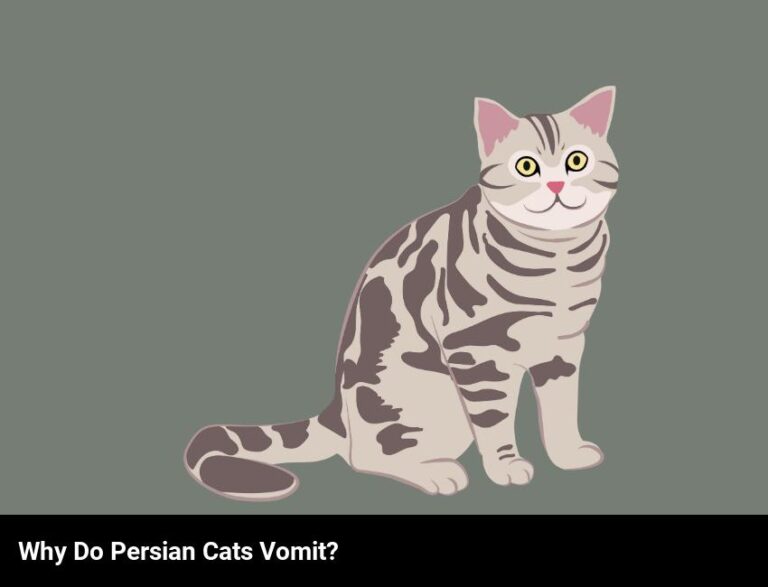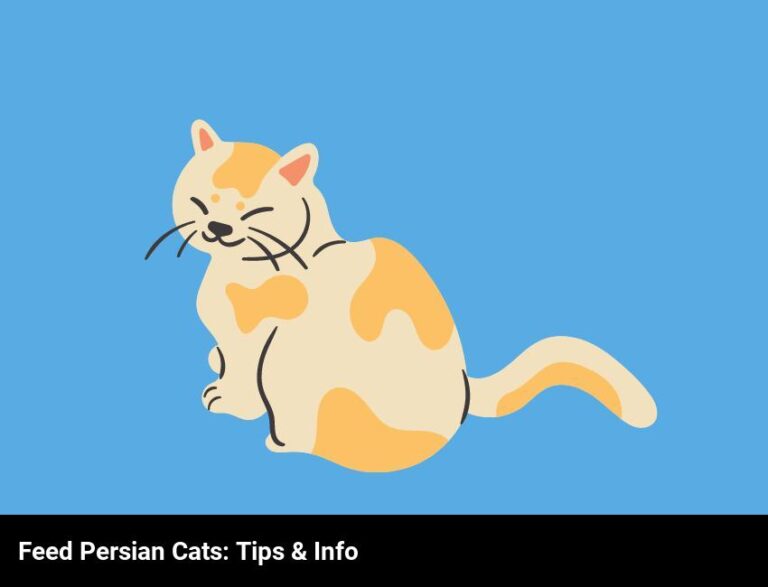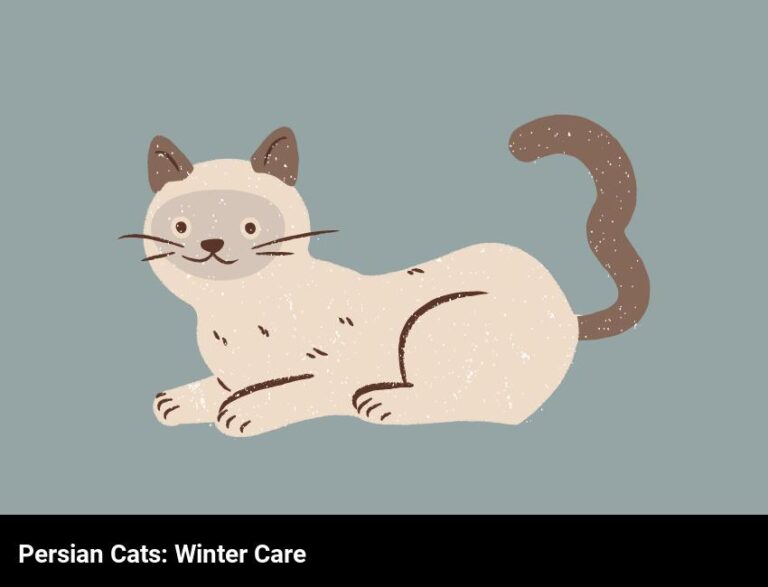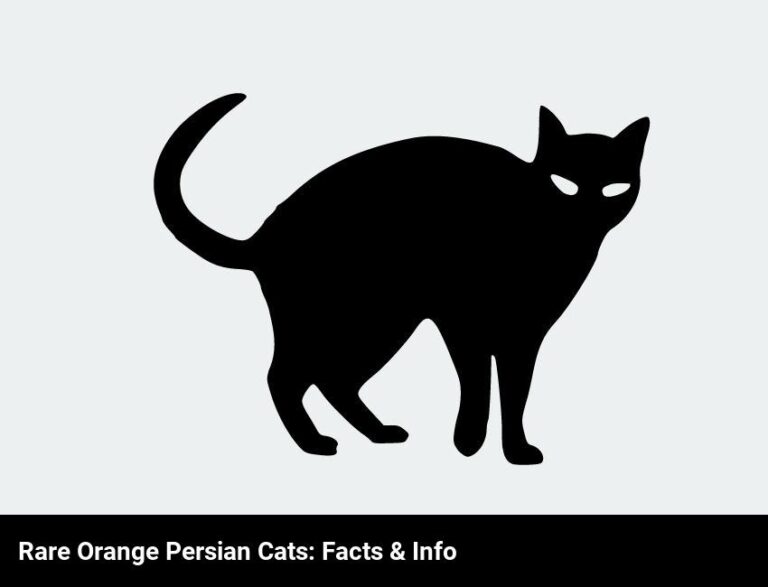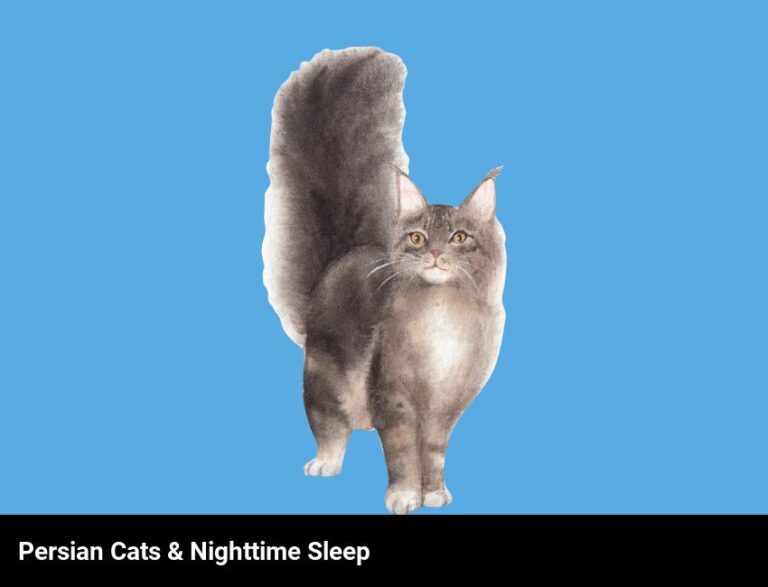Are Persian Cats Hypoallergenic? Get The Facts!
Yes, Persian cats are considered hypoallergenic, meaning they produce fewer allergens than other cat breeds. However, some people are still allergic to them, so it’s important to get tested before adopting one.
Do you love cats but have allergies? It can be hard to decide which breed is best for you and your family. I know the struggle, as I have been through it myself. After some research and personal experience, I can confidently tell you that Persian cats are not only beautiful and full of personality, but they may also be hypoallergenic! In this blog, I will provide the facts about Persian cats, what makes cats hypoallergenic, potential allergic reactions, benefits of owning a hypoallergenic Persian cat, other hypoallergenic cat breeds available, and how to minimize allergic reactions to a Persian cat.
It is important to understand what a Persian cat is, so you can decide if they are the right fit for you. Persian cats are a long-haired, flat-nosed breed originating from Persia, and now they are one of the most popular cat breeds in the world. They are known for their luxurious, thick fur, big eyes, and sweet personalities.
Now, let’s dive into the facts about Persian cats and hypoallergenic breeds. Can you really have a Persian cat and not have to worry about allergies? Read on to find out.
What is a persian cat?
Are you wondering what a Persian Cat is? You’ve come to the right place! A Persian cat is a breed of long-haired cats that originate from the region of Persia, now known as Iran. They are one of the most popular cat breeds around the world, with their luxurious long fur and round, cute faces.
Persian cats are known for their calm personalities and affectionate nature. They tend to be less active than other breeds, preferring to lounge around and nap the day away. They are also quite independent and don’t require a lot of attention from their owners.
Their fur is long and very soft, and comes in a variety of colors and patterns. The most popular colors are white and tabby, though there are other colors and patterns available, such as calico, bicolor, and smoke. They often have round faces with large eyes and short noses, which helps to give them their distinct look.
Persian cats make great companions. They are loyal and loving, and can provide years of loyal companionship. If you’re looking for a loving, loyal companion, a Persian cat may be the perfect choice for you.
What are the benefits of owning a hypoallergenic persian cat?
Owning a hypoallergenic Persian cat could be the perfect choice for people with allergies! Here are some of the amazing benefits:
- They are low-shedding and produce less dander than other breeds, making them ideal for people with allergies or those who want to avoid the mess of cleaning up fur.
- They are incredibly affectionate and have a calm and gentle nature, making them a great addition to any home.
- They are also intelligent and can learn tricks, making them fun companions.
- They come in a wide variety of colors and patterns, so you can find the perfect one to match your home and style.
- They are relatively low-maintenance and don’t require a lot of grooming.
- With the right diet and exercise, they can live a long, healthy life, making them an excellent choice for long-term companionship.
What makes cats hypoallergenic?
Yes, it is true, some cats are hypoallergenic! But what makes them hypoallergenic? It all comes down to their fur. Persian cats, like any other cat, can be hypoallergenic if they have the right kind of fur.
The secret behind hypoallergenic cats lies in the length and structure of their fur. Cats with shorter fur and a single coat are more likely to be hypoallergenic. Persian cats, because of their long, thick fur, tend to shed more and spread allergens throughout your home. But if a Persian cat has a single coat, it can be hypoallergenic, as long as it is regularly groomed.
Another factor that can make cats hypoallergenic is their saliva. All cats produce a special protein in their saliva called Fel d 1, which causes the allergic reaction. Hypoallergenic cats produce less of this protein, making them less likely to cause an allergic reaction.
Finally, it is important to remember that all cats are different and that no two cats are the same. It is possible to find a hypoallergenic Persian cat, but there is no guarantee that it will be hypoallergenic. Even if the fur is short and single-coated, the cat could still produce a lot of Fel d 1 protein. The best way to find a hypoallergenic cat is to consult an allergist and get tested for allergens from different breeds.
Are persian cats hypoallergenic?
Yes! Persian cats are hypoallergenic! This means that they produce far fewer allergens than other breeds, and are a great choice for those who suffer from allergies. In fact, many people who are allergic to other cats find that they can live comfortably with Persian cats.
But, it’s important to note that all cats, even those that are hypoallergenic, can cause allergic reactions in some people. So, even if you choose a Persian cat, it’s important to be aware of the potential for allergy symptoms.
Fortunately, there are certain things you can do to reduce the risk of allergy symptoms. For example, you can regularly groom your Persian cat to reduce the amount of allergens they produce. Additionally, you can use air purifiers and special hypoallergenic cat litter to reduce the amount of allergens in your home.
Overall, Persian cats are a great choice for those with allergies. With a bit of extra care and precaution, you can live comfortably with a Persian cat without having to worry about allergies.
What are the potential allergic reactions to a persian cat?
Yes, it is possible for people to be allergic to Persian cats as with any other breed. While Persian cats are not considered hypoallergenic, you can still be allergic to them.
The most common type of allergic reaction is known as atopy. Atopy is the allergic reaction caused by contact with animal dander (tiny flecks of skin) and saliva. Symptoms can include itchy, watery eyes; sneezing; and skin inflammation. You may also experience a rash, hives, or asthma attacks.
Another common allergic reaction to cats is flea allergies. This can cause red, itchy patches on your skin. If your cat has fleas, it is important to treat them in order to reduce the risk of allergic reactions.
Finally, some people are allergic to cat fur. This type of reaction can cause breathing difficulties and other respiratory symptoms. If you find that your allergies worsen when you come into contact with fur, it is important to limit your exposure to it.
If you think you may be allergic to Persian cats, it is important to talk to your doctor to determine the cause of your symptoms. They can help you determine the best course of treatment to manage your allergies.
What other hypoallergenic cat breeds are available?
If Persian cats aren’t the right fit for you, there are plenty of other hypoallergenic cat breeds available. For starters, there’s the Balinese cat. This breed is known for its beautiful, long coat and its playful, active personality. If you don’t mind a cat with a shorter coat, the Devon Rex is a good option. These cats are known for their distinctive, curly fur and their loving, affectionate nature.
The Sphynx cat is another breed that’s becoming increasingly popular. This breed is known for its hairless coat and its lively, outgoing personality. With their unusual look and playful personalities, these cats are sure to be a hit with any cat lover.
If you’re looking for a cat with a longer coat, the Siberian cat is an excellent option. These cats are known for their thick, dense coats and their friendly, loyal personalities. Plus, their coats are naturally hypoallergenic, so you won’t have to worry about allergies.
Finally, the Cornish Rex is another hypoallergenic cat breed. These cats are known for their short, curly coats and their friendly, social personalities. With their unusual looks and cuddly personalities, these cats will make a great addition to any home.
Overall, if you’re looking for a hypoallergenic cat, you have lots of options. Balinese cats, Devon Rex cats, Sphynx cats, Siberian cats, and Cornish Rex cats are all breeds that are known for being hypoallergenic, so you’re sure to find the perfect cat for your home.
How can you minimize allergic reactions to a persian cat?
If you have allergies but still want to own a Persian cat, there are a few things you can do to minimize allergic reactions. First and foremost, consider getting a hypoallergenic breed. These cats produce less of the Fel d 1 allergen, which is the primary trigger of most allergic reactions. You can also take preventive measures such as keeping your cat’s fur, bedding, and litter box clean. Regularly vacuum your carpets, wash your cat’s bedding, and use special hypoallergenic litters. Additionally, be sure to close off any areas of your home where your cat spends time to reduce the spread of allergens.
Finally, it’s important to take your own allergies seriously. If you know you’re allergic to cats, find out what specific triggers you have and avoid them. For instance, if you’re allergic to the Fel d 1 allergen, avoid long-haired Persian cats. Keep your distance from the cat and try to limit contact, as this will significantly reduce your chances of having an allergic reaction. With the right preventive measures, you can enjoy owning a Persian cat without aggravating your allergies.
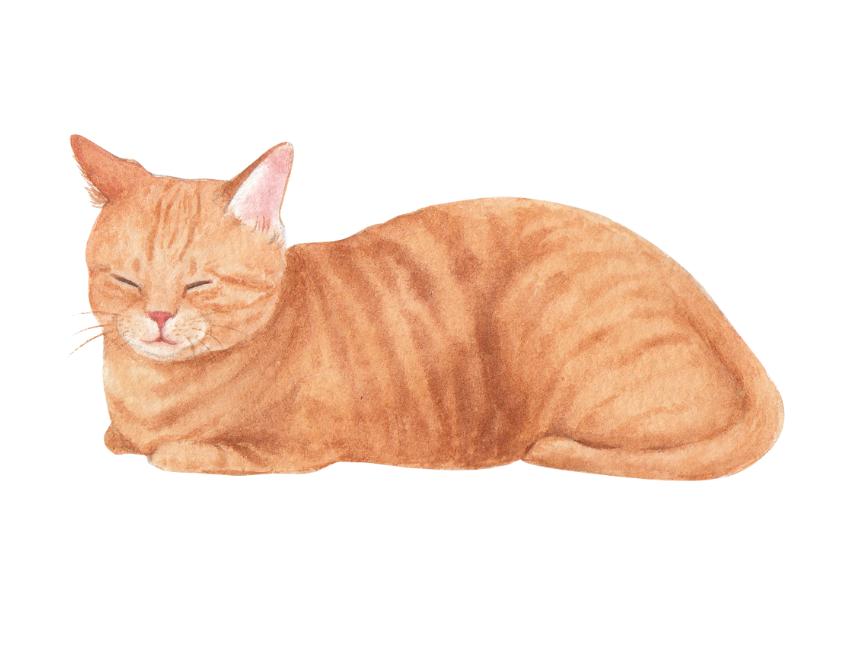
Frequently Asked Questions
How can i be sure a persian cat won’t trigger my allergies?
The best way to be sure that a Persian Cat won’t trigger your allergies is to spend some time with one and observe your reaction. If you don’t experience symptoms such as sneezing, itchy eyes, or a runny nose, then you may be able to tolerate a Persian Cat. However, if you have a severe allergy, it’s best to consult an allergist before taking the risk.
What traits make persian cats so special?
Persian cats are known for their luxurious coats, gentle natures and friendly dispositions. Their unique flattened faces, big eyes, and long hair are also part of their charm. They’re usually quiet and laid-back, making them a great choice for families with children or other pets. Additionally, they’re loyal and affectionate, and often become quite attached to their owners.
Is there any way to minimize allergy symptoms when owning a persian cat?
Yes! There are certain measures you can take to reduce your allergies when owning a Persian Cat. Vacuum regularly to reduce the amount of fur in your home, bathe your cat regularly to reduce dander, and use an air purifier to reduce allergens in the air. Taking these steps can help minimize your allergy symptoms.
What are the advantages of having a persian cat as a pet?
Having a Persian Cat as a pet can bring many advantages! Persian Cats are known to be very affectionate and social, making them great companions. They are also low-maintenance, with minimal grooming needs. Persian Cats are also low-energy, making them perfect for those who may not have the time or energy to keep up with a high-energy pet. Finally, Persian Cats are usually quiet and well-behaved, and will often bond closely with their owners.

